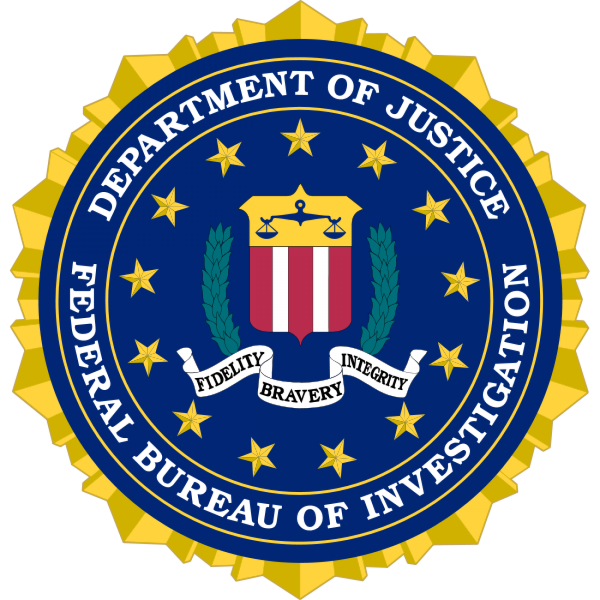Google Defeated By FBI: Judge Reverses Decision On NSLs After Reviewing Secret Affidavits

Google Inc. (NASDAQ:GOOG) made headlines in April when it defended user privacy by publicly resisting a national security letter, becoming one of the few major communications companies to do so. But U.S. District Judge Susan Illston in San Francisco recently rejected Google’s request to throw out 19 NSLs after two FBI officials submitted classified affidavits.
As it stands now, Google must comply with the NSLs and surrender confidential user data, but the case isn’t over yet. Illston stressed that Google’s arguments were too general and didn’t raise objections specific to the 19 NSLs in question, so the company could challenge them again by adjusting its focus from wide to narrow, according to CNet. She also held off on decisions about two of the NSLs, saying the FBI needed to provide more information before she could make rulings on them.
Illston -- who is stepping down as a federal district judge in July, as noted by the San Jose Mercury News -- also cited another ongoing case involving NSLs as a factor in her ruling. This unrelated lawsuit by the Electronic Frontier Foundation, EFF, on behalf of an unnamed telecommunications company challenges the constitutionality of NSLs. Illston ruled that NSLs violate the U.S. First Amendment on March 14, and the Obama administration appealed on May 6. The 9th U.S. Circuit Court of Appeals is currently reviewing the case.
Illston issued her latest ruling in the Google case after Robert Anderson, assistant director of the FBI’s counterintelligence division, and Stephanie Douglas, executive assistant director of the FBI’s national-security branch, submitted classified declarations behind closed doors. These declarations are completely sealed.
NSLs allow the FBI to ask communications companies for information about their users -- including their name and addresses -- as long as it’s relevant to a national security investigation. The FBI doesn’t need warrants or any other kind of court approvals for NSLs, and companies are not allowed to reveal to users that the FBI is accessing their data.
Google has received thousands of NSLs from the FBI, and it has begun publishing information about them in transparency reports. Online-privacy advocates such as the EFF have praised Google for this disclosure and for standing up for users in court.
Google has yet to make a comment about what its next step will be in the current case.
© Copyright IBTimes 2024. All rights reserved.






















